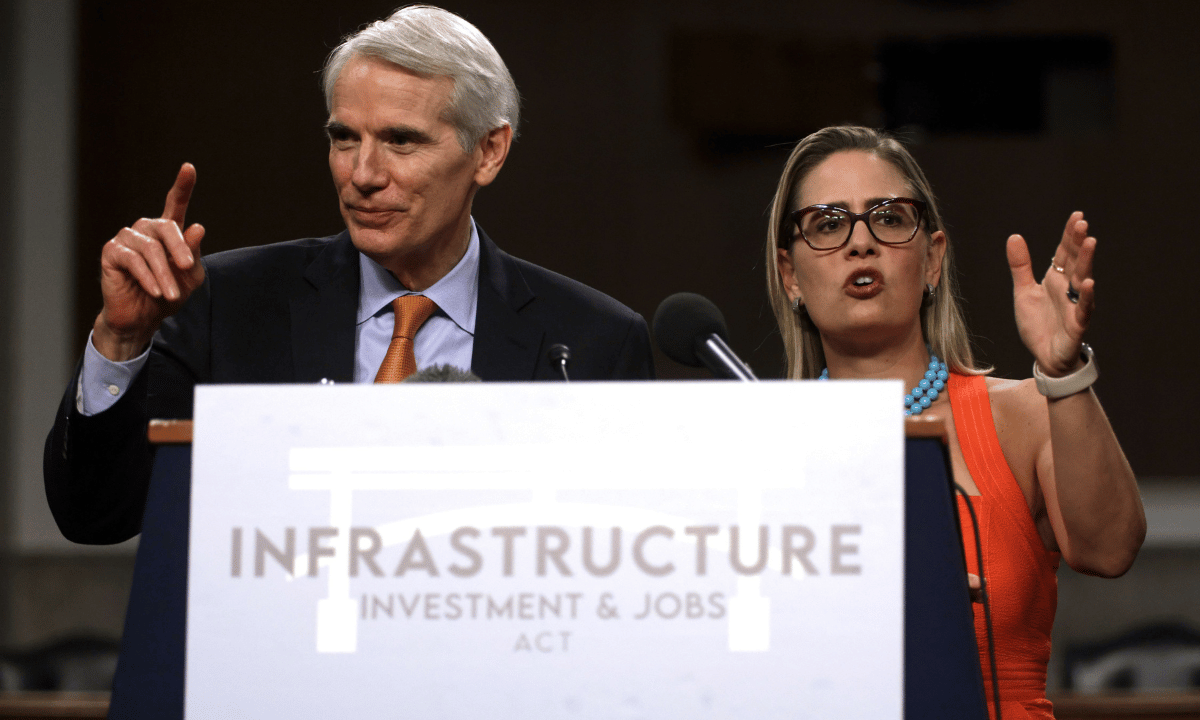
Research examining the role that private governance can play in bypassing government gridlock on climate change has earned Michael Vandenbergh, who holds a David Daniels Distinguished Chair of Law, and Jonathan Gilligan, associate professor of earth and environmental sciences at Vanderbilt University, the 2017 Morrison Prize, which recognizes the most impactful sustainability-related legal academic article published in North America during the previous year.
Vandenbergh and Gilligan were recognized for their paper, “Beyond Gridlock,” which was published in the Columbia Journal of Environmental Law. They will present the paper in May at the Third Annual Sustainability Conference of American Legal Educators, held at the Sandra Day O’Connor College of Law at Arizona State University. The Morrison Prize, which is administered through the O’Connor College of Law’s Program on Law and Sustainability, includes a $10,000 award. It is named for its funder, Richard N. Morrison, co-founder of the Arizona State’s Morrison Institute for Public Policy.
Vandenbergh and Gilligan have worked together for several years through Vanderbilt’s Climate Change Research Network, which Vandenbergh directs. The multidisciplinary network includes faculty and graduate researchers representing Vanderbilt’s political science, environmental science, public policy, engineering, sociology, psychology, nursing and business schools or departments, who work together to conduct theoretical and applied research examining individual and household behavior, and the role that the private sector can play in reducing energy use and greenhouse gas emissions. The Climate Change Research Network is affiliated the Vanderbilt Institute for Energy and Environment.
“This award highlights the important work of the Climate Change Research Network, an initiative Mike Vandenbergh started several years ago to foster collaboration among Vanderbilt’s legal scholars and scholars in other schools,” said Chris Serkin, associate dean for research. “The article he and Jonathan Gilligan co-authored builds on Mike’s previous scholarship, which has explored the important role private governance and private actors can play in addressing climate change.”
According to Vandenbergh, their article “demonstrates how the private sector can bypass the gridlock in Washington by expanding current corporate and household private energy and climate initiatives and by launching new initiatives that encourage energy efficiency, and focus on climate beliefs, motivations, and behavior.”
The article can be downloaded at no cost, and Vandenbergh presented the key points in a Tedx talk, Buying Time. The themes presented in the article also will be featured in a book to be published later this year by Cambridge University Press.
“‘Beyond Gridlock’ is the culmination of about ten years of work together in which we have sought to call greater attention to the obstacles to government action on climate change at the national and international scales, and to the largely neglected potential of actions by the private sector—businesses, other private organizations, and private citizens—to reduce greenhouse gas emissions even when governments fail to act,” Vandenbergh said.
 Gilligan added, “We believe that Beyond Gridlock is more important than ever and we are very grateful for the Morrison Prize for recognizing this work and calling attention to it at this moment.”
Gilligan added, “We believe that Beyond Gridlock is more important than ever and we are very grateful for the Morrison Prize for recognizing this work and calling attention to it at this moment.”
The Morrison Prize competition is open to full-time law professors who have published environmental sustainability-related papers in printed U.S. or Canadian legal academic journals.
“The Morrison Prize is drawing increased attention to sustainability-oriented legal academic research throughout the United States,” said Troy Rule, faculty director of ASU Law’s Program of Law and Sustainability. “This research plays a valuable role as federal, state, and local policymakers seek to integrate new sustainability technologies into their economies.”
Vandenbergh and Gilligan will collect their prize winnings at ASU’s Sustainability Conference on May 12, at which 50 law professors will present their current academic legal research related to environmental sustainability.

